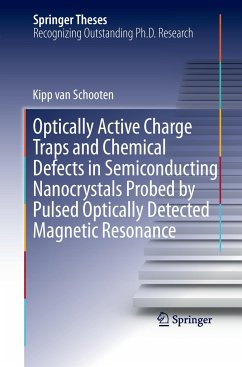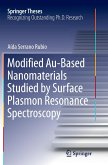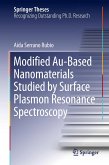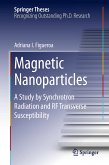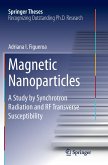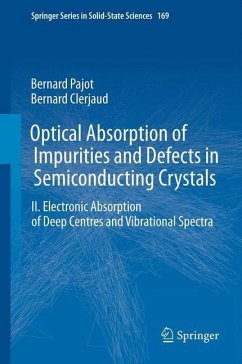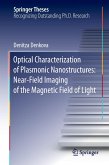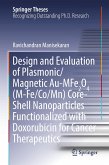Colloidal nanocrystals show much promise as an optoelectronics architecture due to facile control over electronic properties afforded by chemical control of size, shape, and heterostructure. Unfortunately, realizing practical devices has been forestalled by the ubiquitous presence of charge "trap" states which compete with band-edge excitons and result in limited device efficiencies. Little is known about the defining characteristics of these traps, making engineered strategies for their removal difficult.
This thesis outlines pulsed optically detected magnetic resonance as a powerful spectroscopy of the chemical and electronic nature of these deleterious states. Counterintuitive for such heavy atom materials, some trap species possess very long spin coherence lifetimes (up to 1.6 µs). This quality allows use of the trapped charge's magnetic moment as a local probe of the trap state itself and its local environment. Beyond state characterization, this spectroscopy can demonstrate novel effects in heterostructured nanocrystals, such as spatially-remote readout of spin information and the coherent control of light harvesting yield.
This thesis outlines pulsed optically detected magnetic resonance as a powerful spectroscopy of the chemical and electronic nature of these deleterious states. Counterintuitive for such heavy atom materials, some trap species possess very long spin coherence lifetimes (up to 1.6 µs). This quality allows use of the trapped charge's magnetic moment as a local probe of the trap state itself and its local environment. Beyond state characterization, this spectroscopy can demonstrate novel effects in heterostructured nanocrystals, such as spatially-remote readout of spin information and the coherent control of light harvesting yield.

